views

When Stanislawa Leszczyńska first became a midwife, she never could have imagined that she would one day be whisked away from her home in Poland, where she routinely walked miles to deliver babies, and into the real-life nightmare of Auschwitz.
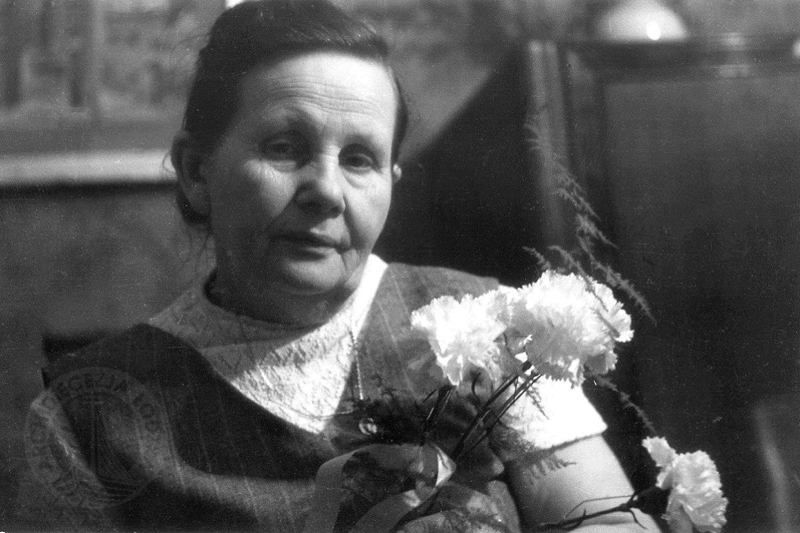
After the murder of her husband in Poland and the forced removal of her son to another work camp, Stanislawa and her daughter entered Auschwitz with only one hope: that they would survive.
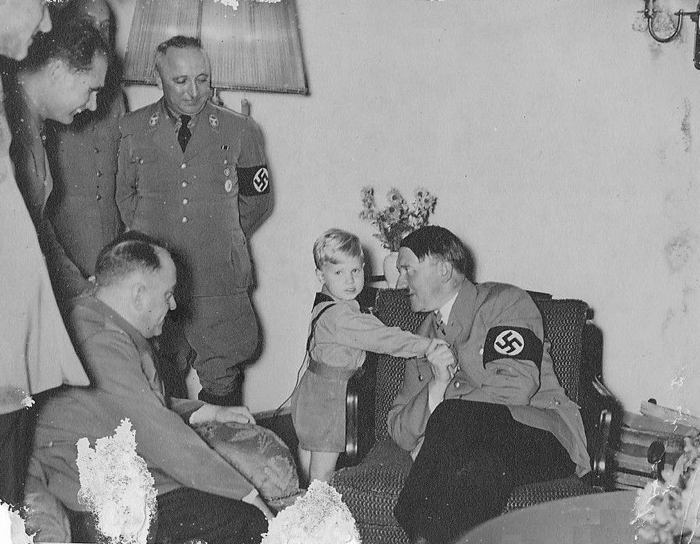
Soon after she arrived, however, Stanislawa began to realize that her particular set of skills as a midwife might be her saving grace.
The women’s barracks at Auschwitz weren’t set up even for basic medical care — let alone caring for pregnant women and their babies. Stanislawa was pragmatic and resourceful, assuring that the beds closest to the barrack’s stove, which were apt to be the warmest, were reserved for the “maternity ward.”
Many women were brought into Auschwitz pregnant, some perhaps hadn’t even realized it, and for Stanislawa assuring the health of the mother and her baby often meant making sacrifices.
She also was forced to instruct the women to make sacrifices of their own: a few weeks before the woman would deliver, the midwife would tell them to forgo their bread ration in order to barter for sheets, which would be used for diapers and swaddling for the baby. If sheets weren’t obtained in time, the babies were often wrapped in dirty paper.
Despite the horrors surrounding her, Stanislawa Leszczyńska’s only concern when a woman went into labor was making her feel safe and comfortable — just as she had in Poland aiding laboring women in their homes.
Women who were in the barracks with Stanislawa remembered her staying up through the night with woman after woman — hardly ever resting. She was a calm, composed and steady presence for all women there, and pretty soon everyone was calling her Mother.
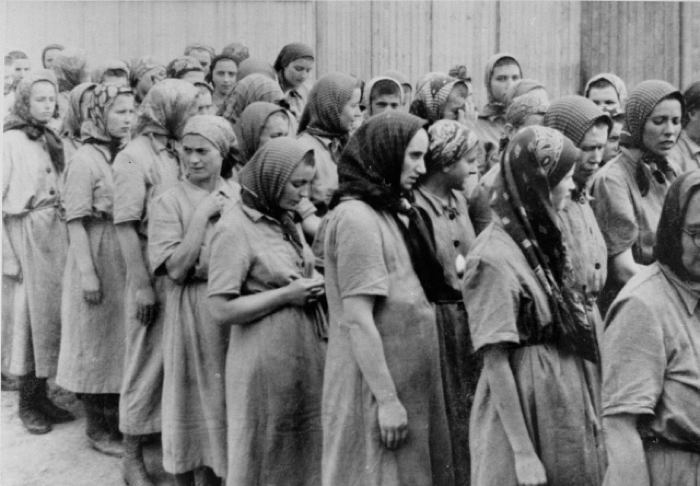
In addition to her exhaustion and malnourishment, the barracks at Auschwitz had nothing by way of antiseptics, dressings or tools. This meant that Stanislawa had nothing to give women for the pain of childbirth, and all her practices were carefully monitored by Nazi physicians.
There were many other Auschwitz medical professionals besides Stanislawa, and they cared for the sick and injured under Nazi guidance. These doctors were instructed to give progress updates on patients, and when a person was not apt to recover, they were immediately taken to the gas chamber.
Many who were in Auschwitz contracted Typhus, and though there was a fairly good chance they wouldn’t recover, the doctors often lied to the Nazis in order to buy them enough time to heal. If they succumbed to Typhus, at least they hadn’t been sent to the incinerator. Likewise, Stanislawa was immediately told to drown all the surviving infants she delivered.
The Nazis assumed that the babies would never survive to term–let alone labor and delivery, but when they acquired Stanislawa’s progress reports they realized that she had not lost a single baby — or mother — since she had begun practicing midwifery in the camp.
They were immediately incredulous, and instructed her to drown the newborns in a barrel in the barracks. Stanislawa Leszczyńska refused, and risked her life by doing so. Instead, the task was given to an imprisoned German midwife who had been convicted of infanticide.
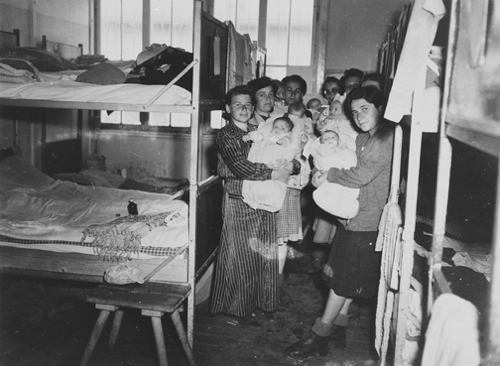
As Stanislawa continued to successfully bring thousands of babies into the world despite the camp’s treacherous conditions, the Nazis began to take any children born with Aryan features, sending them to orphanages to be adopted by German families.
The mothers were devastated, and together with Stanislawa they found a way to surreptitiously tattoo the tiny babies in a subtle manner, with the hope that one day mother and child would be reunited.
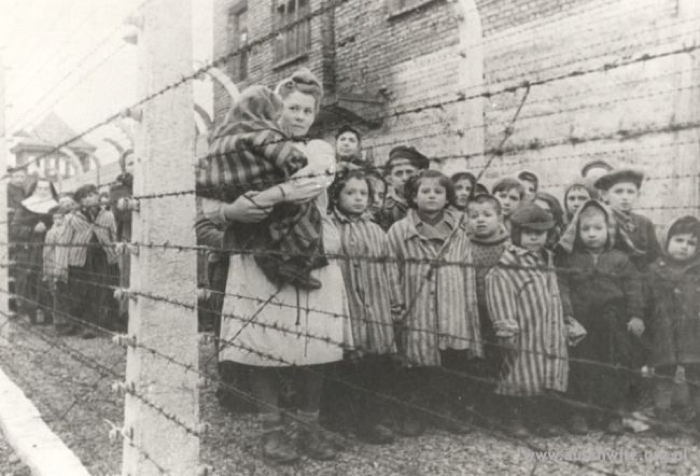
Though she was able to help over 3,000 babies enter the world while imprisoned at Auschwitz, Stanislawa rarely spoke publicly of her time there.
One story that she did regale to her children — who have subsequently told it on her behalf— involved a young mother whom she had assisted during labor. Within a few hours, the young mother’s number was called to go to the chamber. The woman bundled her up and wrapped the baby in damp paper fluttering around the barracks. Knowing that she was about to die, the woman clutched her newborn to breast and walked out of the barracks.
Obviously, the women at the camp understood Stanislawa’s incredible presence–as did those responsible for placing her there in the first place.
Dr. Menegle visited the “maternity ward” in the women’s barracks and was furious that the midwife was allowing the babies to survive. She orchestrated wet-nurses within the barracks who would suckle the babies whose mothers were so malnourished their milk never came in, and thus, babies who were born close to the camp’s liberation survived.
Even though Menegle was clearly opposed to Stanislawa’s saving of Jewish infants and their mothers, he did remark to the other Nazi physicians that not only was she an exceptionally skilled midwife, but that she was the personification of hope prisoners clung to that they may, eventually, escape the camp.
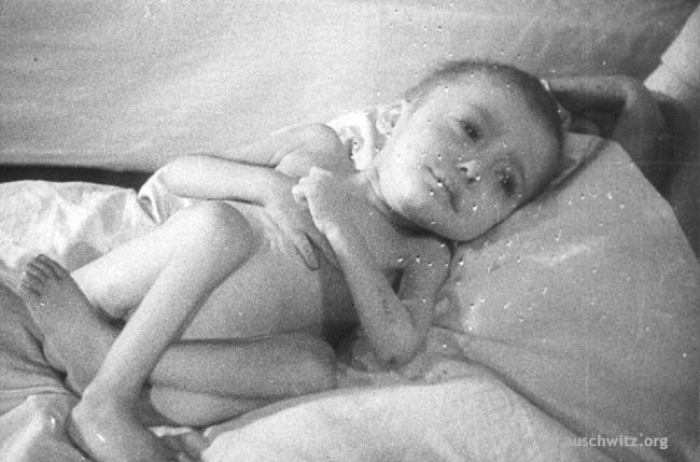
Released when the camp was liberated, Stanislawa was reunited with her children, both of whom went on to become doctors. Until her retirement in the 1950s, Stanislawa never really spoke of her time in Auschwitz. What she did share, and what others who had been in the camp with her shared, went on to be documented as justification for her beatification by the Catholic Church as a saint, a process that began in 2010.
Stanislawa Leszczyńska died in 1974, but her story is perhaps the most miraculous account from the Holocaust’s history.
As she spoke about her time at Auschwitz upon her retirement, she concluded her story by saying that even though many of the 3,000 babies born in the camp perished at the hands of the Nazis, either directly through murder or indirectly through malnourishment, she was proud to say that every single one of them had been born alive and into her waiting, loving hands.












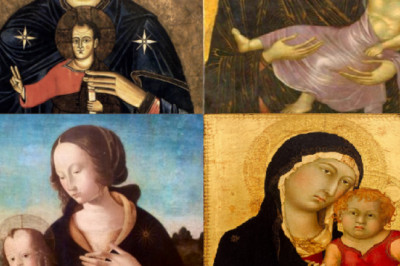






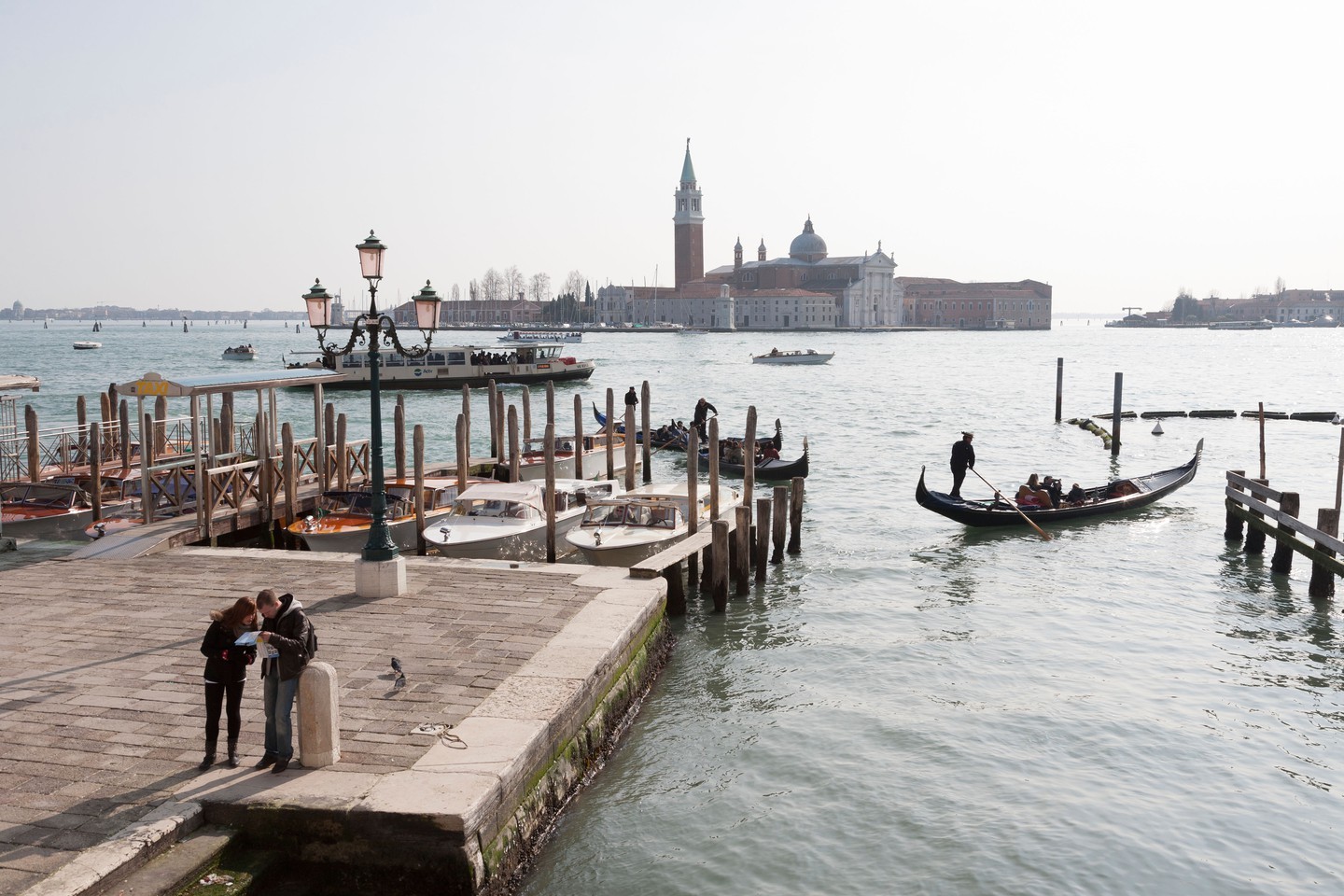
Facebook Conversations
Disqus Conversations